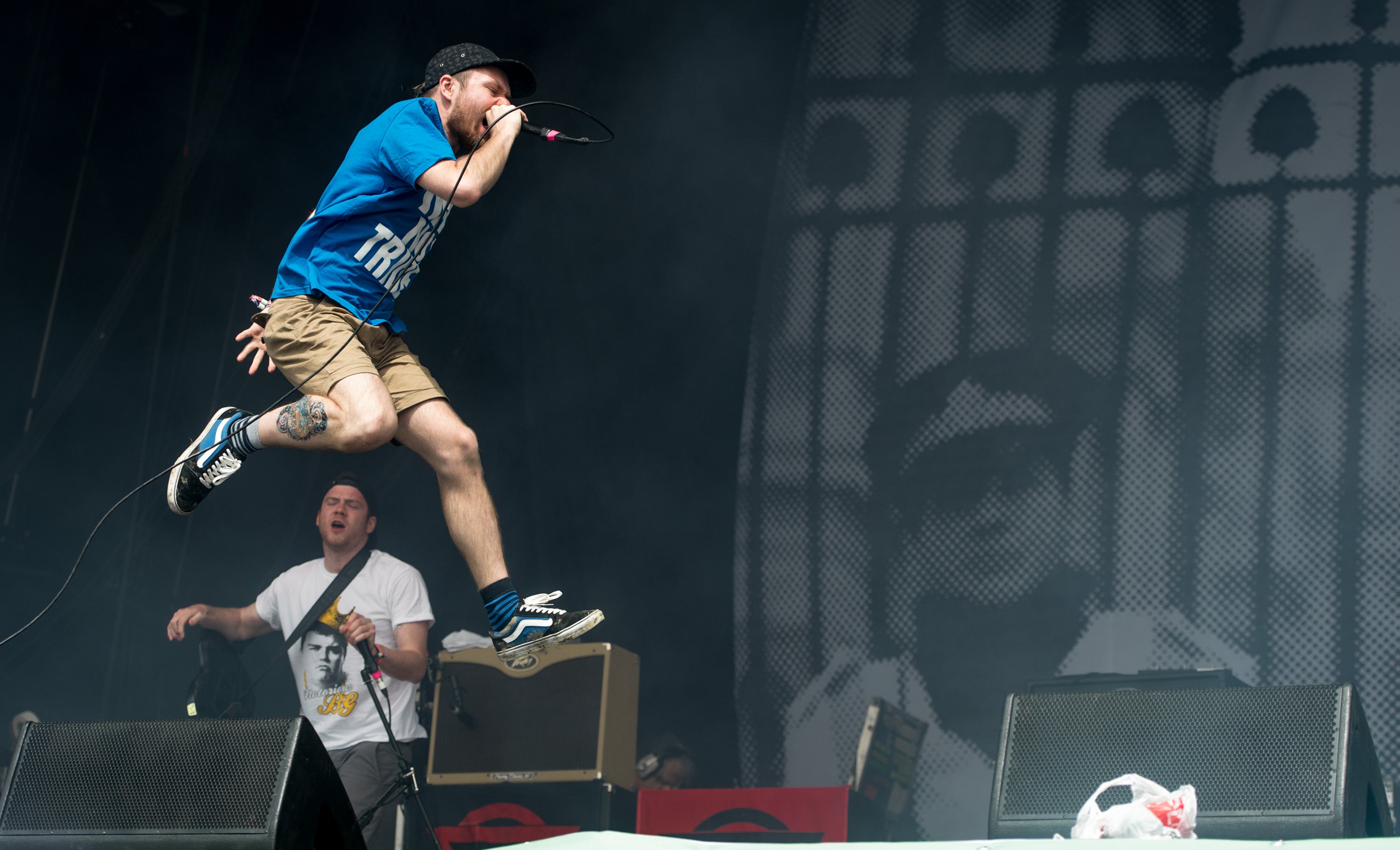Covid: Britain’s festivals face another ‘lost summer’ because of lack of insurance
‘Ministers ignored warnings to give insurance backing for cancellations’

Britain’s festivals face another “lost summer” because of the government’s refusal to back cancellation insurance, MPs have warned.
The sector has been treated as a “poor relation” despite contributing £1.7bn to the economy as ministers ignored warnings and multiple opportunities to act, the Commons Digital, Culture, Media and Sport (DCMS) Committee said.
The government ruled out offering support before all restrictions on the roadmap are lifted, which would be too late for festivals this summer, MPs say.
Although all legal limits on social contact are due to be removed on 21 June, meaning festivals could go ahead, the sector faces uncertainty, particularly in light of new variants, including that which was first detected in India, and ministers refusing to guarantee the lifting of lockdown going ahead.
The sector and DCMS Committee have repeatedly called on the government to introduce a time-limited insurance scheme that would act as a “safety net” for live events cancelled in the event of further coronavirus restrictions after 21 June.
Julian Knight, the chair of the DCMS Committee, said: “Music festivals have been treated as the poor relation by the government.
“Despite the huge economic and cultural contribution they make, few have benefited from the Culture Recovery Fund, and without our efforts the sector would have been left out of the pilot events programme on the safe return of audiences.”
He said it was very clear that the vast majority of music festivals do not have the financial resilience to cover the costs of another year of late-notice cancellations.
“If the commercial insurance market won’t step in, ministers must, and urgently: events need to know now whether the government will back them, or they simply won’t take place this year,” Mr Knight added.
Greg Parmley, the chief executive of LIVE, the representative body for the UK live music industry, said the sector is “exasperated” at the government’s unwillingness to step in to help prevent its collapse for another year.
“Without some form of insurance, the risk of going ahead will simply be too great for many festivals this year and, whatever happens with the reopening timetable, the vast majority of events could pull the plug in the coming weeks,” he said.
More than a quarter of UK festivals over 5,000 capacity have already been cancelled, including Boomtown and Bluedot, and the remaining 76 per cent could also be shelved if immediate action to protect them is not taken, the Association of Independent Festivals (AIF) warned.
Paul Reed, the chief executive of AIF, said: “We are pleased that MPs have again echoed our repeated calls for government-backed insurance for festivals.
“Government has essentially made a commitment to act on this once we reach step four of the roadmap.
“We expect swift intervention at that point with an insurance scheme that protects festivals that may need to cancel after 21 June, should the trajectory of the pandemic dictate new lockdown, enforced reduced capacity or social distancing measures.
“As it will take some time for such a scheme to become operational, it is imperative that it is retroactive so that all festivals scheduled to take place after 21 June are protected.”
This summer’s Download will take place on 18-20 June as part of a government test event, despite being initially being cancelled in March.
Crowds at the Donington Park rock festival will be significantly reduced, from 111,000 to just 10,000, and organisers said “moshing will be allowed”.
Almost 1,000 music festivals attracted more than 5 million people across the UK in 2019, contributing £1.76bn to the economy.
The majority of festivals were cancelled in 2020 because of Covid-19 restrictions and sector revenues dropped by 90 per cent.
Only 8 per cent of festivals applied for the first round of the government’s Culture Recovery Fund, with those successful receiving just 1.3 per cent of the available grants.
A government spokesperson said: “We are continuing to work flat out to support festivals and live events.
“Our events research programme has explored how festivals can get back up and running safely and festival organisers have received more than £34m from our unprecedented Culture Recovery Fund, with more support on the way.
“We will continue to look at what assistance may be required as we move cautiously but irreversibly through the roadmap, including looking at the issue of indemnity cover.”
Join our commenting forum
Join thought-provoking conversations, follow other Independent readers and see their replies
Comments
Bookmark popover
Removed from bookmarks